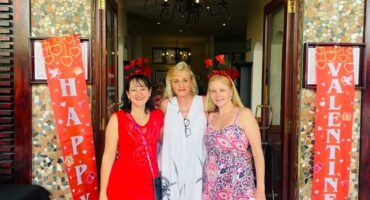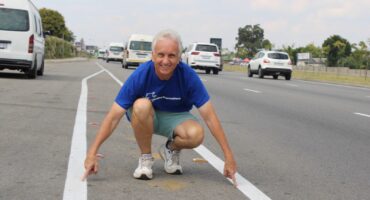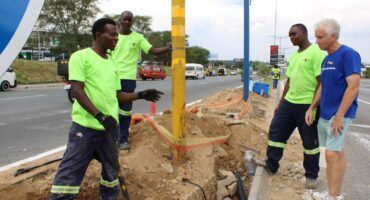Reform in race relations needed
JOBURG - SOUTH African Institute of Race Relations (IRR) CEO Frans Cronjé called on South Africa to reform to retain its ‘moderately free’ ranking.

This came after 2015 Index of Economic Freedom, published by Washington DC-based Heritage Foundation, revealed that South Africa has the 72nd freest economy out of 178 countries. According to the foundation, Hong Kong, Singapore and New Zealand have the most free economies in the world, while Venezuela, Cuba and North Korea have the least free economies.
Cronjé said the high levels of economic freedom on the index correlate with excellent education, healthcare, income and environmental protection. According to the institute’s statement, the economies that rank high on the index have vastly better living standards than less free economies.
“The foundation scores economies out of 100 points to determine their relative levels of economic freedom. South Africa has a score of 62.6 points out of 100. This score puts it in the moderately free category. It also means that the country stands uncomfortably close to the minimum score within this category and that it could easily slip down into the mostly unfree category,” the statement read.
Meanwhile Cronjé said, “South Africa’s score puts it behind key African economies such as Ghana, Botswana and Mauritius. If the current interventionist thrust in policy persists, the downside risk is that South Africa’s ranking could dip below 60. We would then be classified as a mostly unfree economy.
“Several cabinet ministers and prominent political leaders want South Africa to follow the example of Cuba and Venezuela. This is wrong-headed, when the examples of Singapore and New Zealand would clearly be far more beneficial. This preference for State control instead of economic freedom has real-life costs and consequences. We see these every day in South Africa’s low economic growth figures and its high unemployment numbers.”
He said that turning the tide required fundamental reform to labour and empowerment laws, and a renewed respect for the property rights of all. “These reforms must free poor people from rules which price them out of labour markets and from policies that deter entrepreneurship and direct investment. On the upside, there were tentative signs that more government leaders were becoming concerned about the costs of curbing economic freedom. This opens a window to necessary reform,” Cronjé added.




